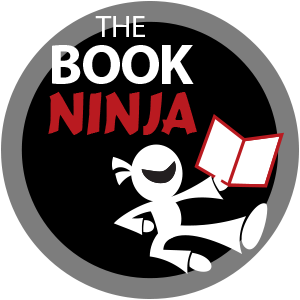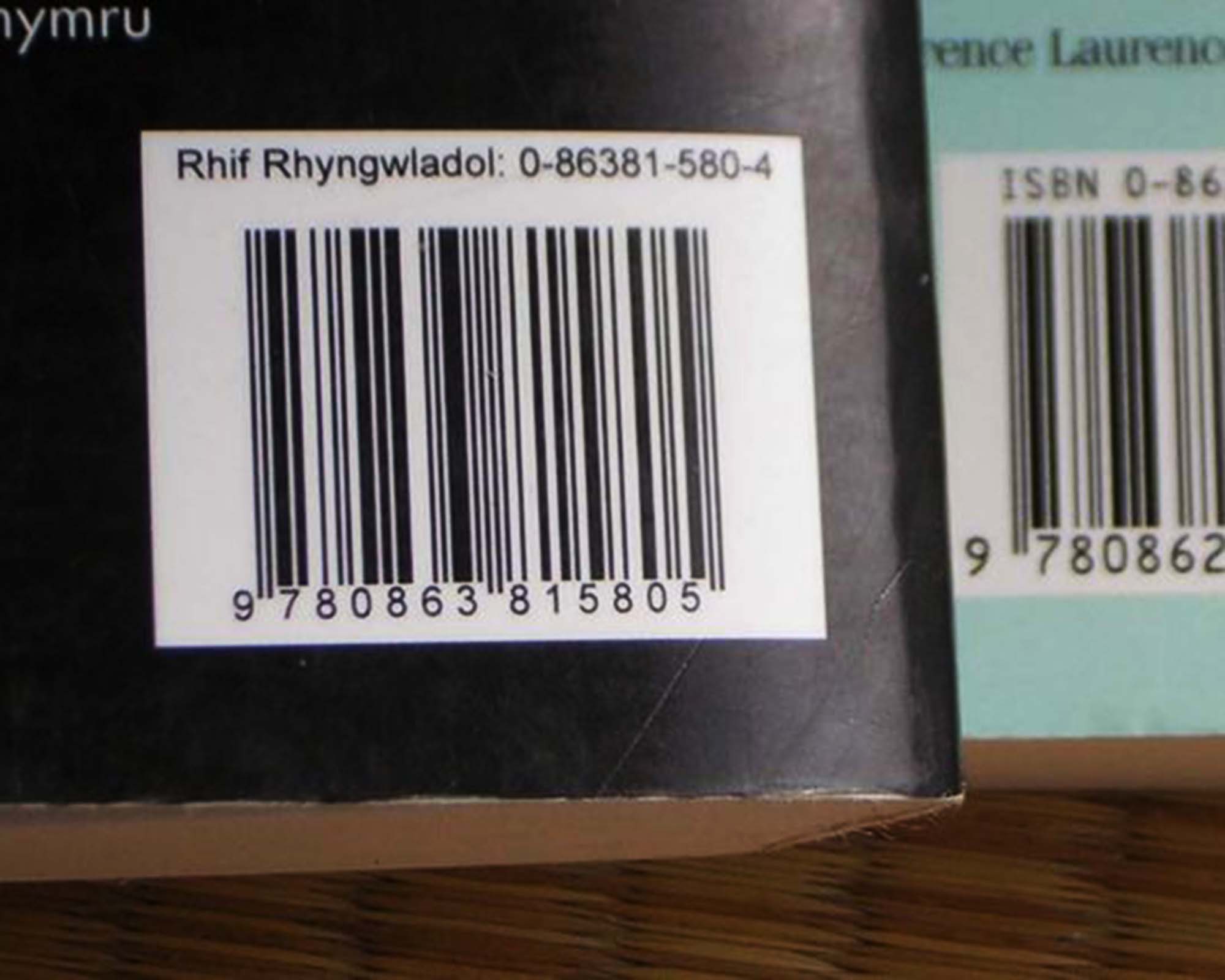An ISBN, International Standard Book Number, has been the standard in the publishing industry for eons to track title listings, multiple editions, book formats, and sales. Knowing this definition alone might make you instantly jump to the conclusion that you do, in fact, need an ISBN for all formats of your book, including the eBook format. But for eBooks the ISBN rule gets confusing, especially with the rise of Amazon’s popular Direct to Kindle program.
Does Your eBook (Kindle, Nook, iBook, etc.) Need an ISBN?
The short answer: It depends. There are several factors involved in applying ISBNs to eBooks, not the least of which is price. According to Bowker, the ISBN agency, every format of every book should have its own unique ISBN for tracking purposes, including multiple eBook formats such as PDF, MOBI, etc. This guarantees publishers are paid the correct amount for book sales, customers know exactly what version of what title they are purchasing, libraries can file eBooks and stock physical books once rather than mistakenly buying the same title twice, and retailers list books correctly in their databases.
However, there is also the price factor to consider. Some eBooks sell only a few dozen copies. In the United States, Bowker (the ISBN agency) charges $250 USD for a block of 10 ISBNs, and you can burn through them in a hurry and never sell enough eBooks to make up the investment for the ISBN. Not to mention the cost of proper eBook formatting, professional cover design and retailers’ required discounts. This may make you re-think applying an ISBN to every eBook you publish.
When Might Your eBook Not Require an ISBN?
Short answer: If you’re only publishing on Kindle or your own website and nowhere else, Amazon’s Direct to Kindle program has its own internal tracking number assigned to each eBook. Since your eBook is not sold anywhere else, Kindle tracking is all you need and you don’t need to concern yourself with “wasting” an ISBN on that listing. If you publish a lot of Kindle books from interviews, blog content or transcripts, it’s best not to apply ISBNs to those titles.
When Do You Want an ISBN Assigned to Your eBook?
When any of the following conditions apply:
- You want your eBook to be listed in your own publishing company’s name. There’s nothing like having “Kindle Direct Publishing” appearing on your eBook’s listing to lump you into the same category as much of the cheap, bad quality, self-published eBook sludge flooding the market through Amazon’s Direct to Kindle program. To truly stand out from what should remain in the digital slush pile, you need your eBook to show it’s published by a “real” publisher. That means becoming a “real” publisher yourself by purchasing a block of ISBNs from Bowker and applying one to each eBook you publish, along with your chosen company name.
- You want to sell your eBook with multiple retailers. Because Amazon’s Kindle Store is a closed system, it can use its own tracking numbers to track sales, allowing authors to avoid costly ISBNs altogether. But if you want to list your eBook on multiple retailers’ websites and maximize potential sales through Nook, iPad, Sony Reader and more, these retailers require that your book be assigned its own unique ISBN. If you use a mass eBook distributor like BookBaby, you may choose to purchase one of their ISBNs at a slightly cheaper rate than buying your own (unless you opt for the block of 100 ISBNs for $575 instead of 10 for $250), but you will fall into the same trap as many self-published eBook authors by having “published by BookBaby” attached to all your eBooks rather than being tagged as a “real” high quality publisher.
- You want your eBook’s title to rank higher on Google. Purchasing ISBNs gives you the ability to list your book in Bowker’s Books in Print database, which is licensed to search engines like Google. If your eBook is not included in the Books in Print database, it may not show up in internet search results. Nowadays consumers are accustomed to searching an author or title of a book online prior to purchasing, and with eBooks it’s absolutely essential you make yourself found in the search engines, since consumers can’t walk into a bookstore and purchase an eBook that is not available on the brick and mortar shelf. This, to professionals, is one of the primary reasons to apply the extra expense of an ISBN to eBooks.
- You want to make sure you get paid for eBook sales that are rightfully yours. If your eBook does not have its own unique ISBN registered directly to you, your sales can be confused with another publishing company and that company may receive sales reports and money for sales that belong to you. This can be embarrassing and troublesome to clear up, and unless you’re following your eBook sales closely you may not even notice money is missing from your account.
- You live in a country that requires an ISBN for eBook formats. Some countries require an ISBN, even for eBooks sold through Amazon’s Direct to Kindle program. When in doubt, do a quick internet search to see if you live in one of these countries.
The standard of applying an ISBN to each format of a book, whether it appears in paperback, hardback, large print, audio or e-formats like Kindle, Nook, iBooks, etc. is a standard that may change as the eBook industry grows and changes. But for now, the best rule of thumb is for eBooks with authors who wish for maximum exposure with their eBooks, applying unique ISBNs can be a good investment.
Now you may be asking, what about print books? This one is easy. Want to sell your print book through any retailer? Then it needs its own ISBN. Period.


[…] them the publisher of record and creating all sorts of marketing issues), IS still requires you to obtain your own ISBNs from Bowker. There’s no word yet on if they will eventually provide this service, becoming in a […]
Thank you for posting correct information regarding ISBNs and e-book formats! So many other sites get this one wrong, and are doing authors a disservice.
I have to say that I don’t completely agree with point #2. I’m not convinced that people browsing on Amazon or iBooks even look at the publisher’s name. Even if they do, it must certainly carry less weight than the cover art, star rating, book description, and preview chapter.
I can’t picture somebody reading a dynamite first chapter of a 4-star book with a professional cover, pulling out their credit card, and then suddenly saying “Woah! Wait, wait… BookBaby? Never mind, no sale!”.
So, having said that, I think it makes sense to avoid Bowker’s terrible prices wherever possible. One good way to do this is to register your ISBN through a Canadian company (since ISBN’s in Canada are issued free by the government). Details on that here:
http://www.indiebooklauncher.com/resources-diy/isbns-and-epublishing.php
An author can easily save upwards of $1000 with this decision, especially if they’re publishing a number of shorter works as a product/pricing strategy.
–Saul
Saul,
I completely agree that US-based ISBNs are a rip-off since most other countries offer them for free. However, you must be a Canadian-based business to legally obtain a Canadian ISBN. It’s unethical to register as a Canadian company, not to mention illegal, and can have serious repercussions in sales reporting (and subsequent paychecks from distributors) for non-Canadian-based self-publishers who use this method to “save money.”
Doing things right not only guarantees an author an ethical and moral standing in the industry, it also ensures they will be properly paid for their book sales.
Excellent article!
My paper book is on Amazon and has an ISBN, but the Kindle edition does not have an ISBN. I sell 100 to 150 books per month between them. Do you think I would gain any advantage by replacing my Kindle version with one having an ISBN?
I plan on using unique ISBNs for any future books or for new channels for my existing book.
Honestly Amazon sometimes shows the ISBN & sometimes it doesn’t. The important thing is that the publishing name is not Amazon, but you. When you branch out to other distribution channels, the ISBN becomes much more important in building your brand and making sure you get paid what you’re owed. Not to mention other retailers require it.
great article Kristen! Why do you consider Book Baby not to be a high quality publisher?
BookBaby’s print options are more like a short-run printer/publisher. They have a minimum purchase order requirement and don’t get books distributed into the majority of the buying market. They added a print option because people asked, not because they’re experts at it. They will print whatever authors hand them – that means though the product is a higher quality than most vanity publishers, the book is only as good as it’s author’s writing, editing and design. A successfully published book that actually SELLS requires an expert to guide it along its journey. BookBaby provides a service, but not the expert hand-holding most first-time authors desperately need.